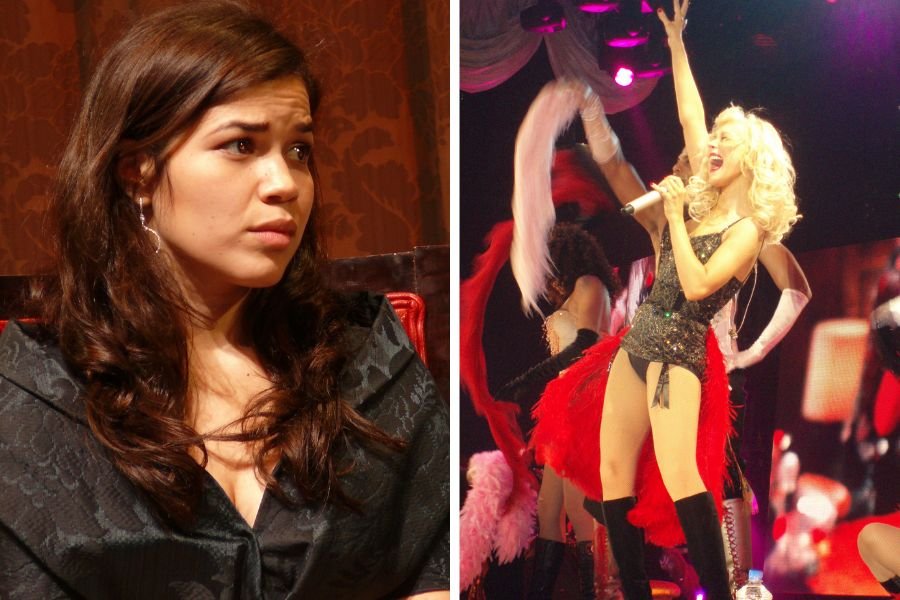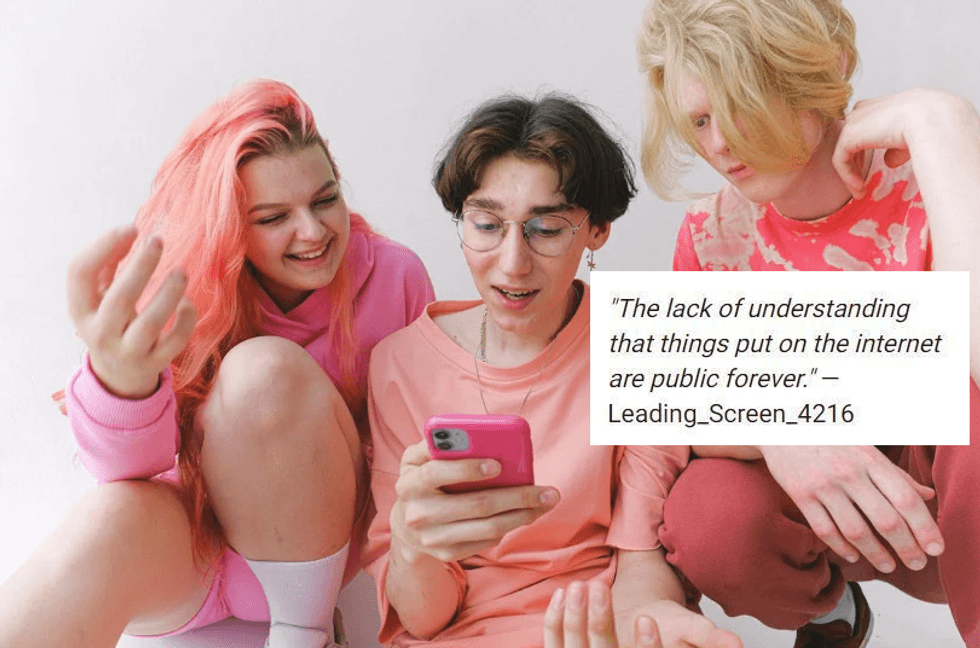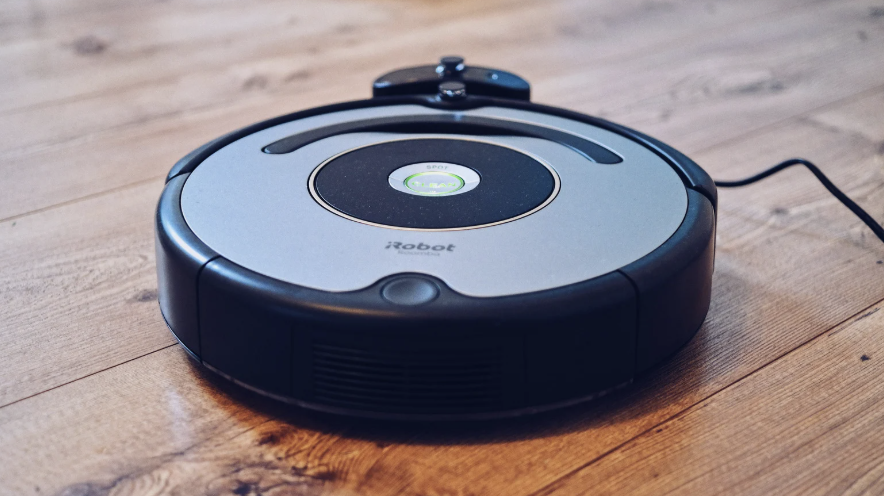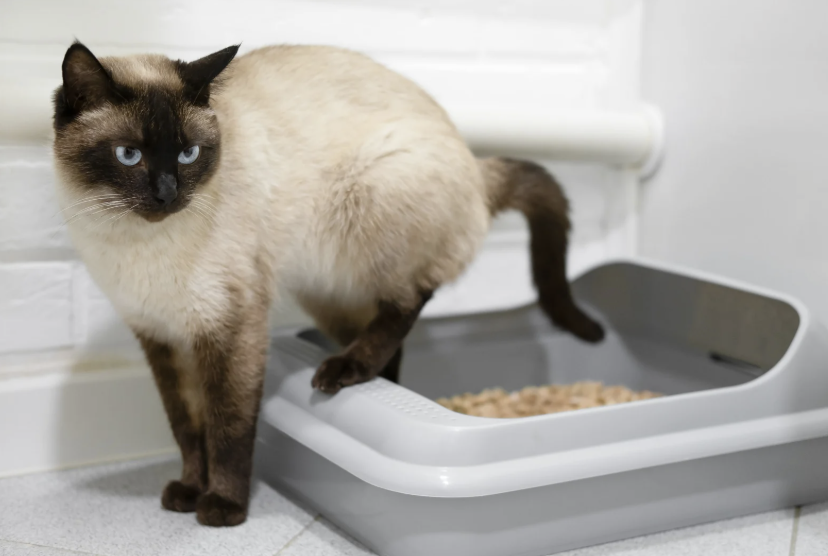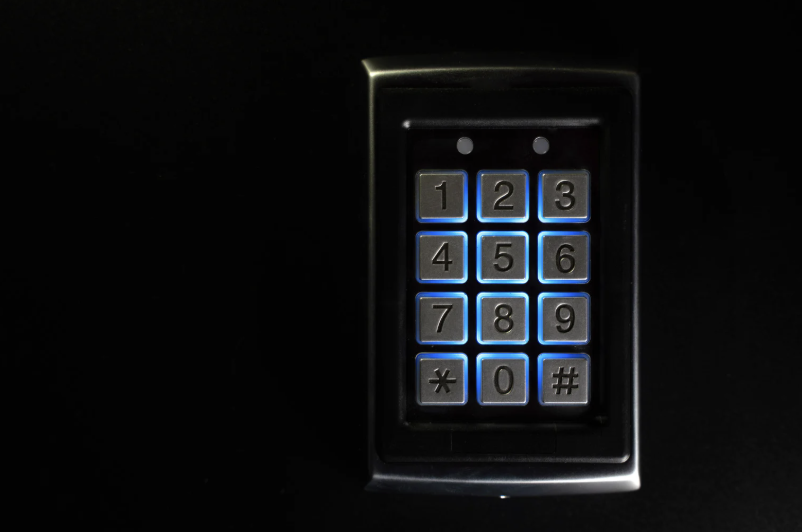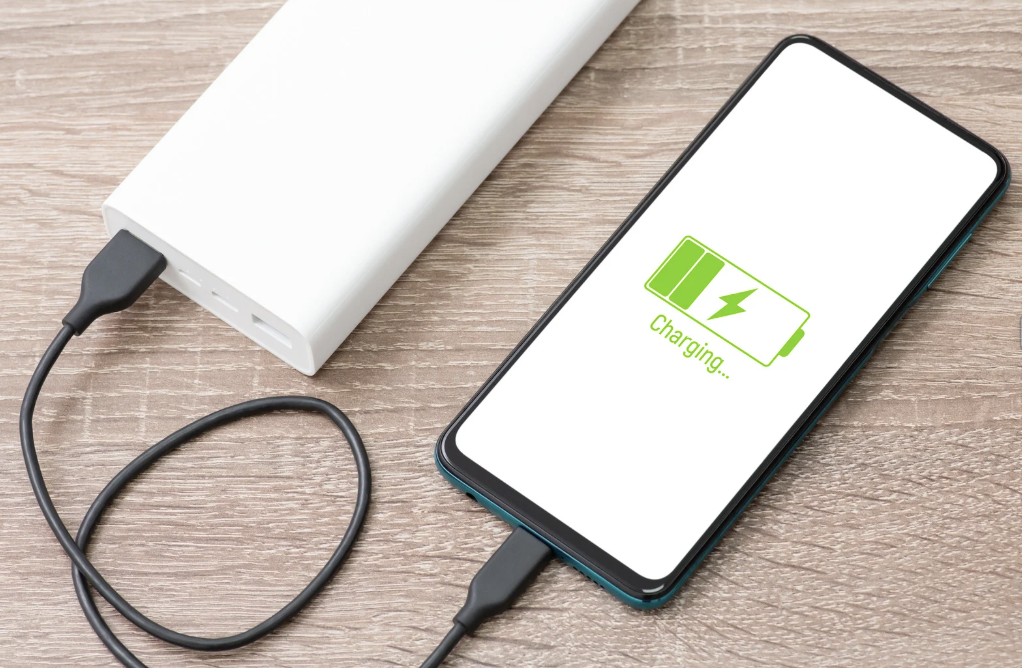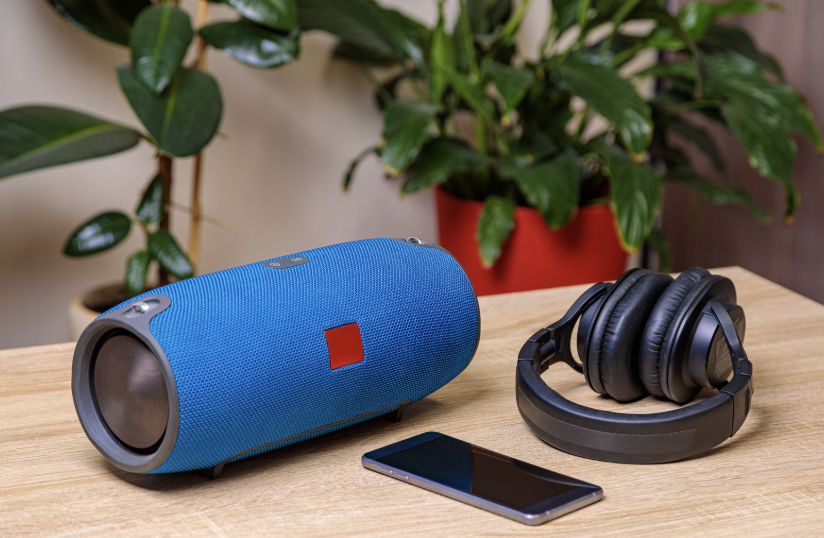The early 2000s was certainly a time to be alive. At that point in time most Millennials successfully survived Y2K, watched 9/11 unfold in real time and discovered the real Slim Shady. But by the time many were in middle or high school they saw the landscape of how bodies are “supposed” to look change.
It seemed like overnight Christina Aguilera and Paris Hilton’s naturally thin youthful frames were now the ideal, while Nicole Richie and Raven Symone were considered “plus sized.” Millennial women are looking back on these photos from the late 90s and early 2000s wondering what society was thinking. Nothing about a teenage Raven Symone was plus size, yet somehow an entire generation was convinced if they were built like the then teen, they were fat.
Briana Reyes shared a collection of images of these 2000s “fat” celebrities to Facebook with the caption, “Celebrities that were considered “fat” or “plus sized” in the 90s-early 00s. This is obviously why so many women struggle with body image.”
The post has since gone viral with over 12,000 reactions and 9.3K shares on the social media platform. Over the years there has been a movement towards body positivity and body neutrality. While both movements mean slightly different things, the main focus is on learning to accept the body that you’re in and treating it well.
The way in which we view our bodies whether positively or negatively can affect the way we speak to ourselves about our bodies. This is something that many moms of young daughters have become acutely aware of as their own children pick up the negative self body talk they hear from their caregivers. But the media consumed also plays a significant role on what bodies are considered “normal,” “desirable,” or “sexy,” which means it also sets the standard for what is the opposite of those things.
In the 2000s, being extremely thin was the standard being set and the fashion was designed to cater to those with thin bodies. Jeans that used to ride well below the hip bones paired with crop tops that stopped mid-ribcage were common staples on thin celebrities. But the actors or singers with curves were outfitted in layers of varying lengths or larger tops to camoflauge the woman had a larger chest.
Some examples in Reyes’ post of “plus size” celebrities shows exactly how off base the media was with labeling people as “fat,” “plus-size,” and “obese.” In the post are pictures of Jessica Simpson and Britney Spears who were performing after having recently given birth, yet the focus was on how “large” they were. Looking at the photos from today’s lens it’s easy to see the unrealistic body standard placed on these celebrities who’s bodies simply were no designed to be extremely thin.
Demi Lovato who rose to fame in 2008 after staring in “Camp Rock” admitted to struggling with an eating disorder due to the pressures to be thinner. Commenters under Reyes’ post pointed out how the unrealistic standards contributed to their own body issues.
“I used to be smaller than I am now, but I was always bigger than other girls. I look at pictures of myself back then thinking I was so huge and I wasn’t. But I was made fun of because I wasn’t as skinny as the other girls and now all I see is a disgusting person when I look at myself in the mirror. I’ve always been considered plus size (I really am now) but I would love to go back to being the size I was way back when….,” one person reveals.
“I look back to pictures in the late 90s of myself when I thought I was so fat and I just think about how I probably couldn’t be any thinner. I imagine many people have this experience,” another says.
“Look at all those healthy beautiful, individual bodies. It’s sad how I and thousands of girls grew up and never appreciated our normal healthy bodies – because the rhetoric that circled around about how healthy and normal wasn’t the desired body type,” someone else writes.
While people focus on how the standards of beauty affected them, many of the celebrities people were picking apart were children and young adults. Demi Lovato was just 15 as Raven Symone when the two stars were being told they needed to lose weight. The criticism led to Symone getting a breast reduction twice and liposuction before she turned 18.
One woman sums up the struggle of Millennial women still healing and trying to do better by their own children. “This post sums up my adolescence – the reasons for my unhealthy relationship with the reflection I see in the mirror/the number I see on the scale. It’s so sad because I know better but I can’t unlearn it even after all these years. I just try to teach my daughters the right thing instead – to grow up as healthy women who take great care of their bodies and to truly take the time to get to know and love themselves for who they are and how they treat others.”

